Any emergency situation that affects employees, creates insecurity in an organisation and damages the public trust in an organisation is considered a crisis. Accidents, financial difficulties, misrepresentation and whistle blowing are common examples of situations that can lead to a crisis in an organisation. The management of an organisation requires specific communication skills that can help the organisation deal with worried stakeholders, customers, suppliers, investors, partners and employees.
Unfortunately, there is no way to predict when a major disaster will hit you, but here’s how you can be prepared.
- Delineate Roles:
Everyone in your company needs to know what their role is and what is expected from them. Once this is clear, you have the right logistical support in case problems arise. Even the person who answers phone calls should know what to say. Remember that when there is a crisis, everybody in the organisation will be approached for their inputs on it. Neighbours, media and social media – they’ll all want to know the details and people do not hesitate to add their own perceptions to it all, which can make things messier. When crisis hits, you’ll have to communicate with your stakeholders and other relevant people as soon as you get a hint of trouble. If outsiders like media persons reach them before you, you have not managed your crisis well.
- Keep Resources Handy:
Company information is vital for key stakeholders, so you need to enable easy access to it and keep backups at a site that is not a part of your office. Say there’s a natural disaster or your premises are locked down for legal reasons, you cannot say information is unavailable. In fact, consider having a meeting place in a different location where you can use equipment you may need in the event of an emergency. For instance, a publication may have a place to print their paper when their office is out of bounds.
- Hire a Specialist:
Many companies hire a crisis communications manager or consultant to take charge of things when they need to. This is a professional who knows how to stay calm and think strategically even when everybody else is having trouble coping. Help with media relations and external and internal communications material such as letters explaining the crisis and detailing what steps are being taken and how employees will be affected, is provided by him/her.
- Learn Special Interview Skills:
As a manager, you’ll be facing the camera with the industry and country wanting to know what’s happening to your company. It’s easy to break down in public or get into an angry brawl with people who are rude and inquisitive, but you can’t afford to do that. Invest in training from a coach who can teach you about the correct body language and verbal communication skills that you’ll need in order to have an interview that doesn’t make things worse.
- Conduct a Test:
Smart managers like to practice crisis management by organising regular crisis simulations to test and improve their plans. It also works as a way to keep staff alert because people rarely think that crisis will hit home. Let each individual know what could happen and give them the opportunity to give inputs on how they think they could help. Feedback contributes to better preparation for the future. Try out all possible conditions so that you have a solid plan at the end.
Crisis starts with shock and leads to confusion. Then it drives you towards an intense search for solutions. That’s normal behaviour. You can use your newly acquired B-school skills and exposure to keep your focus on how the public hears about the situation and of course, don’t leave anybody in the company in the dark. A good leader is a great communicator.


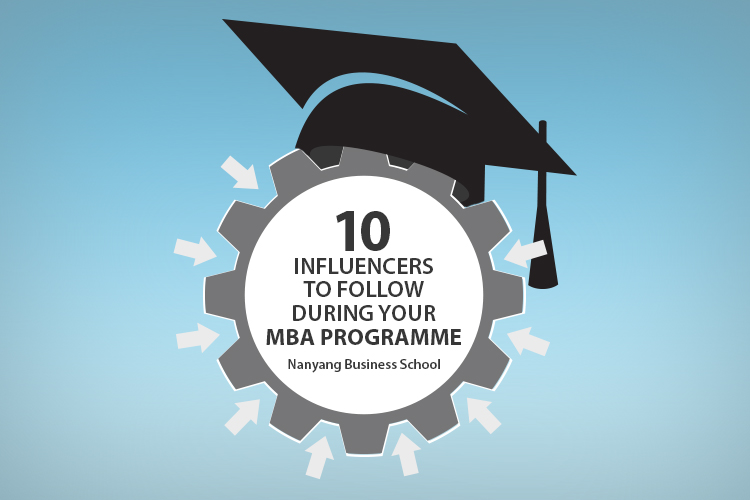
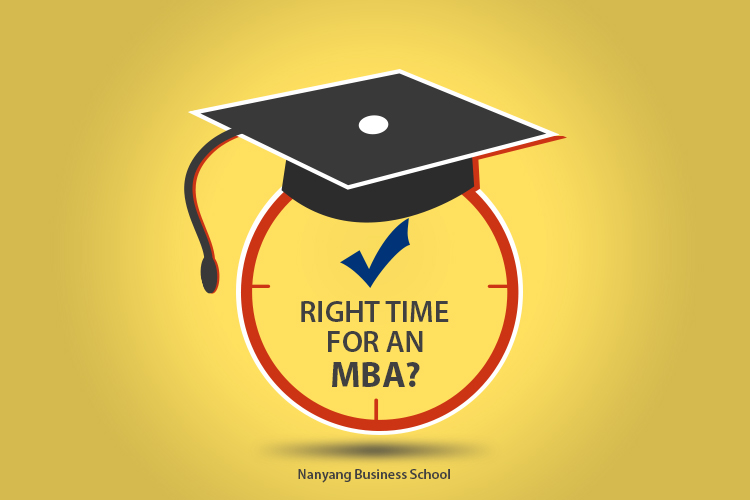

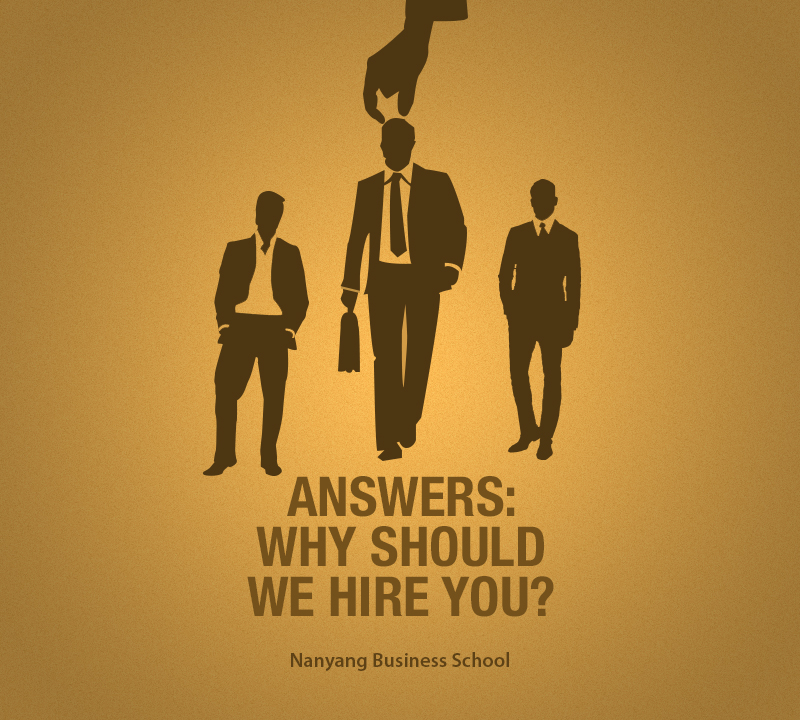



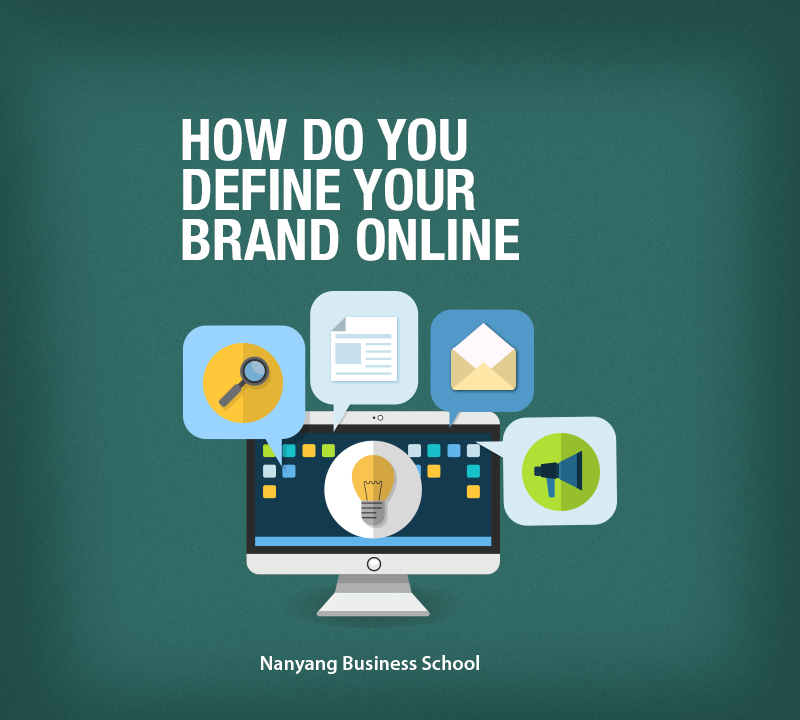
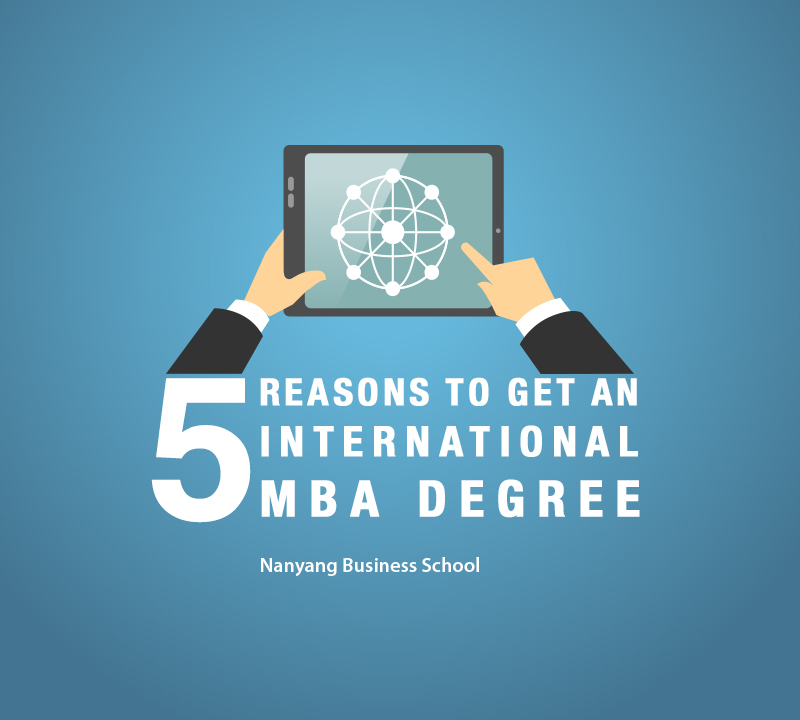
You must be logged in to post a comment.